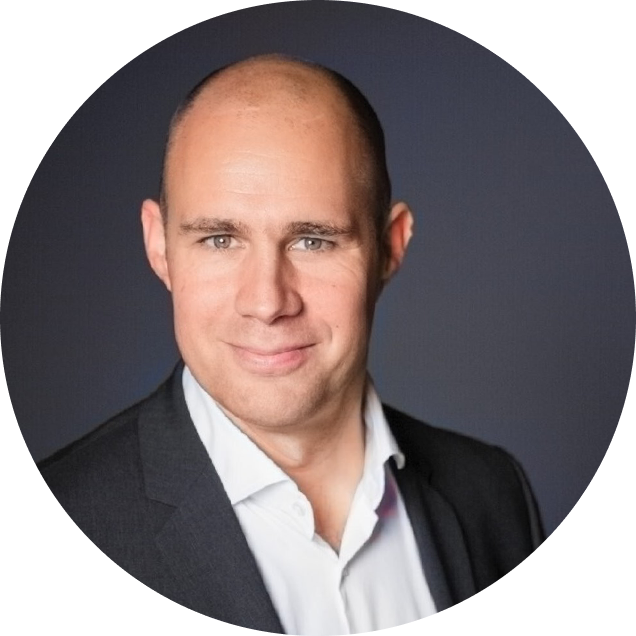
ClearSpace, shaping the future of in-orbit operations.
Satellites have a limited life and once they are no longer functioning are left to drift in space. Defunct satellites, rocket parts, and other debris orbit the Earth at high speeds, creating significant risks to active satellites, space missions, and even the International Space Station. As debris is accumulated, the danger of collisions grows, which could result in cascading effects, making certain orbits unusable for decades.
ClearSpace is tackling this critical issue by developing advanced in-orbit services that focus on removing space debris and ensuring safe, long-term space operations. With cutting-edge technologies designed to capture and de-orbit dangerous debris, ClearSpace is leading the charge in making space safer and more sustainable for future generations.
Ensuring a safer space future with intelligent systems.
ClearSpace stands out for its innovative approach to debris removal and satellite servicing. At the core of its technology is a robotic capture system that features a highly agile, four-armed “space claw” designed to grip and remove defunct satellites and other space debris. This system works in tandem with autonomous navigation, advanced propulsion systems, and AI-driven vision technology to safely and efficiently rendezvous with and capture space debris. The company is also developing flash lidar technology to enable real-time 3D imaging, providing precise navigation and target identification.
ClearSpace’s first mission, ClearSpace-1, aims to capture and remove a 100-kilogram piece of space debris left behind by a 2013 Arianespace Vega rocket launch. This mission will not only demonstrate the company’s groundbreaking capabilities but also pave the way for future large-scale debris removal initiatives, establishing ClearSpace as a leader in the space sustainability sector.
A partnership driving technological advancement
ClearSpace’s partnership with Happiness Capital has been instrumental in advancing its mission of sustainable space operations. The investment from Happiness Capital, secured in 2022, has provided critical financial backing, allowing ClearSpace to further develop its in-orbit servicing technologies and scale its operations globally. More than just funding, Happiness Capital has offered strategic guidance and valuable industry connections, enabling ClearSpace to navigate the complex regulatory and technical challenges of the space industry.
This collaboration has empowered ClearSpace to refine its proprietary technology, expand its market presence, and explore new opportunities, particularly in Europe and the United States. By focusing on long-term sustainability and innovation, Happiness Capital has played a key role in positioning ClearSpace to lead the way in solving the global space debris problem.
Pushing boundaries with advanced in-orbit services
Since its inception, ClearSpace has achieved several significant milestones, including securing an €86 million contract with the European Space Agency (ESA) for the ClearSpace-1 mission. The company has expanded its operations beyond Switzerland, establishing a presence in key space markets such as the UK, Germany, Luxembourg, and the United States. With a growing portfolio of commercial partnerships, including collaborations with major satellite operators like Intelsat, ClearSpace is poised for continued success.
Looking ahead, the company is focused on completing the ClearSpace-1 mission, launching its satellite life-extension services, and expanding its in-orbit servicing capabilities to include refueling, assembly, and manufacturing in space.